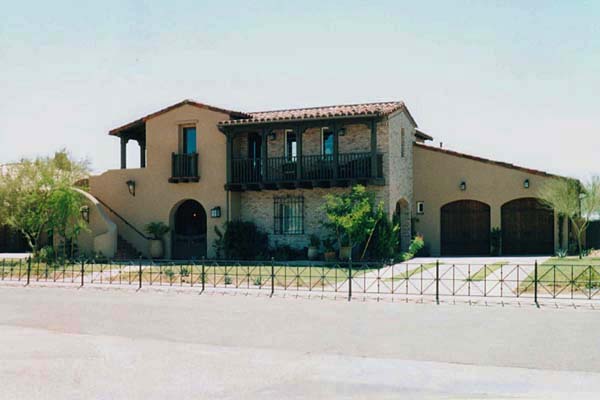ELLWOOD TECHNIQUE
Understanding the Ellwood Technique in Real Estate Appraisal
The appraisal of mortgaged income properties is a critical aspect of real estate valuation, influencing investment decisions and financial assessments. Among the various techniques employed in this endeavor, the Ellwood Technique stands out as a method for estimating the present value of a property by considering the annual cash flow to the equity owner and the expected resale proceeds, all while benefiting from capitalization rate tables provided by L. W. Ellwood.
Methodology of the Ellwood Technique
The Ellwood Technique involves a comprehensive approach to property valuation, taking into account both the income generated by the property and the potential proceeds from its resale. The appraiser begins by determining the annual cash flow to the equity owner, factoring in variables such as rental income, operating expenses, and vacancies. This cash flow is then discounted to its present value to assess its impact on the property's overall worth.
In addition to the cash flow analysis, the technique incorporates the expected resale proceeds, considering the property's potential appreciation or depreciation over time. By adding the present value of the annual cash flow to the equity owner and the expected resale proceeds, the appraiser derives the equity value of the property. This equity value is then combined with the mortgage balance to offer a comprehensive estimate of the property's worth.
Leveraging Capitalization Rate Tables
A distinctive feature of the Ellwood Technique is the utilization of capitalization rate tables provided by L. W. Ellwood. These tables expedite the appraisal process by offering pre-determined rates that streamline the calculation of present values and equity values. By leveraging these tables, appraisers can efficiently assess the financial underpinnings of mortgaged income properties, enabling informed decision-making for investors and stakeholders.
Implications for Real Estate Appraisal
The Ellwood Technique's emphasis on cash flow, equity valuation, and capitalization rates makes it a valuable tool in the appraisal of income-generating properties. Its ability to provide a holistic perspective on property value, incorporating both income and potential appreciation, enhances its relevance in real estate valuation practices.
Conclusion
Conclusion
The Ellwood Technique stands as a testament to the intricate nature of real estate appraisal, offering a structured and comprehensive approach to estimating the value of mortgaged income properties. By incorporating cash flow analysis, equity valuation, and capitalization rate tables, this technique equips appraisers with a robust framework for evaluating the financial viability and worth of income properties, ultimately contributing to informed investment decisions and strategic planning in the real estate sector.
Unlocking the Value:
MORE REAL ESTATE TERMS
A, B, C, D, E, F, G, H, I, J, K, L, M, N, O, P, Q, R, S, T, U, V, W, X, Y, Z
Featured New Home

Featured Mortgage Brokers
- OPEN MORTGAGE LLC, CORONA, CA
1840 ROCKCREST DR
CORONA, CA 92880 - RESIDENTIAL HOME FUNDING CORPORATION, BLUE BELL, PA
1787 SENTRY PKWY W BLDG 18-130
BLUE BELL, PA 19422 - DITECH MORTGAGE CORP, FORT WASHINGTON, PA
1100 VIRGINIA DR STE 100
FORT WASHINGTON, PA 19034 - KENTUCKY HOUSING CORPORATION, FRANKFORT, KY
1231 LOUISVILLE RD
FRANKFORT, KY 40601 - CATALYST LENDING INC, GREENWOOD VILLAGE, CO
6530 S YOSEMITE ST STE 310
GREENWOOD VILLAGE, CO 80111